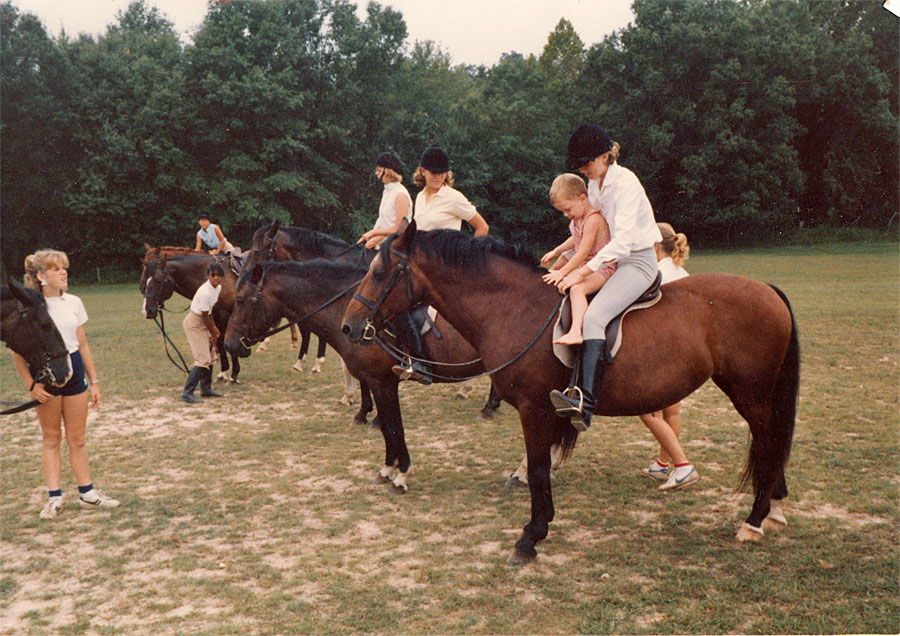996 & Overtime in China
As most people reading this know, I’ve spent many years working in China, in the gaming sector. Overall I feel I had a great experience where I’ve had a great opportunity to learn and grow, in a thrilling and often bizarre environment that has been experiencing explosive growth for most of that time. However, one of the bizarre areas (which a lot of non-Chinese readers will be unfamiliar with) is the business culture of Mainland China, especially the tech industry. This post is about a particular facet of that, which is nicknamed “996” in China.
Description of 996
996 is a work schedule where you work 9am till 9pm, 6 days a week. With two hours off for lunch and dinner, that’s a 60 hour work week. This schedule is not uncommon in China, especially in the tech industry, where it was first adopted by the nation’s tech giants (Alibaba, Tencent et al.) and then implemented at smaller startups which followed their lead. As a generalization, Chinese society has become somewhat accustomed to being downtrodden, so many bear this hardship out of a sense of duty and responsibility.
In my first exposure to this policy, it was explained in roughly these paraphrased terms:
“In order to find success in a highly competitive and lucrative industry, we must fully commit to the task at hand. Our rivals who seek to make us obsolete are working harder and smarter than ever in order to achieve the best possible result they can. In order to realize our potential, we too must work hard and demonstrate our commitment through not just our work, but also in the way that we work. If this schedule is not for you, no hard feelings. However, if that’s the case, this is not the company for you.”
My reaction to this, as you’d probably expect, was mostly shock and horror. It turns out that skilled workers don’t like being told that they will be living most of their lives in an office, even if they are Chinese.
From the implementation of this practice, I immediately began to see the effects: productivity fell off a cliff. Sensing that it was no longer the quality of their work that was being judged but their work hours, people started to waste as much time during the day as possible, as a form of a protest. The disrespect of management was being reciprocated by workers. The departure of high value, key employees accumulated like a snowball, and morale collapsed. It had catastrophic effects on the culture of the company, as the dichotomy between management workers classes became palpable.
Well, it took a few years but now it seems that backlash against this fiendish, draconian management scheme has come to a head in a more direct way, and it is being widely protested in China.
The Law, Websites & Github
One of the most popular sites which has crystallized this backlash is 996.icu
This is a dark and catchy choice of domain names because aside from it being a reference to the emergency care unit you may end up in by working yourself to the brink of a health emergency, the number 996 in Chinese also rhymes with ICU.
What you might find surprising about the 996 site above is that cites a number of the labor laws and regulations of China which relate specifically to hours worked and compensation. What this underscores is the discrepancy between the laws on the books in China and the real-world implementation of them. Anyone who has spent a significant amount of time in China can tell you that these are two completely different things.
Starting recently, Tencent, Xiaomi, and other Chinese tech giants have modified their web browsers to prevent web surfers from landing on the page linked above, or viewed by workers within their sphere of influence. This article details that phenomenon: Chinese browsers block protest against China’s 996 overtime work culture. This is a discouraging development but not shocking. The article states:
“Now with some of China’s biggest tech firms censoring the project, netizens have noted the ironic turn of events. “So these 996 companies’ 996 developers had to work 996 to block a website about 996,” one user said on Weibo in a comment liked nearly 800 times.”
Another location on the internet where this debate is being staged is on Github, the popular code repository which was blocked in China five years ago. Now there’s a population of Chinese tech workers whom are pooling resources to wage a campaign to challenge the 996 status quo, as detailed in this article published Sixth Tone, which includes some very dramatic anecdotes. Keep mind that according to the laws of China, working hours are capped well below 60 hours and overtime is by law mandated by be accompanied with overtime pay. Sixth Tone writes:
“A 28-year-old software engineer who asked to be identified as Eric told Sixth Tone that his previous employer had adopted a 910.57 schedule — 9 a.m. to 10:30 p.m., seven days a week. After toiling under this system for six months, Eric was diagnosed with a swollen prostate and a slipped disc, and his resting heart rate was over 100 beats per minute. Eric quit five months ago to recover his health and says he just won a lawsuit against his former employer for not paying him social insurance or overtime.”
As of the time I am publishing this post, that Github page has 173,000 stars which makes it one of the hottest items on the entire website. If you are unaware, Github is has been a massive phenomenon and the go-to code repository on the internet for decades.
I don’t know where this going, or if we will see substantial change in either China labor laws or enforcement, but it’s a fascinating phenomenon to witness. Although there is still much progress to be made, China has made enormous progress over the last decade in granting workers rights which they were never entitled to in the past. Hopefully that trend continues.



